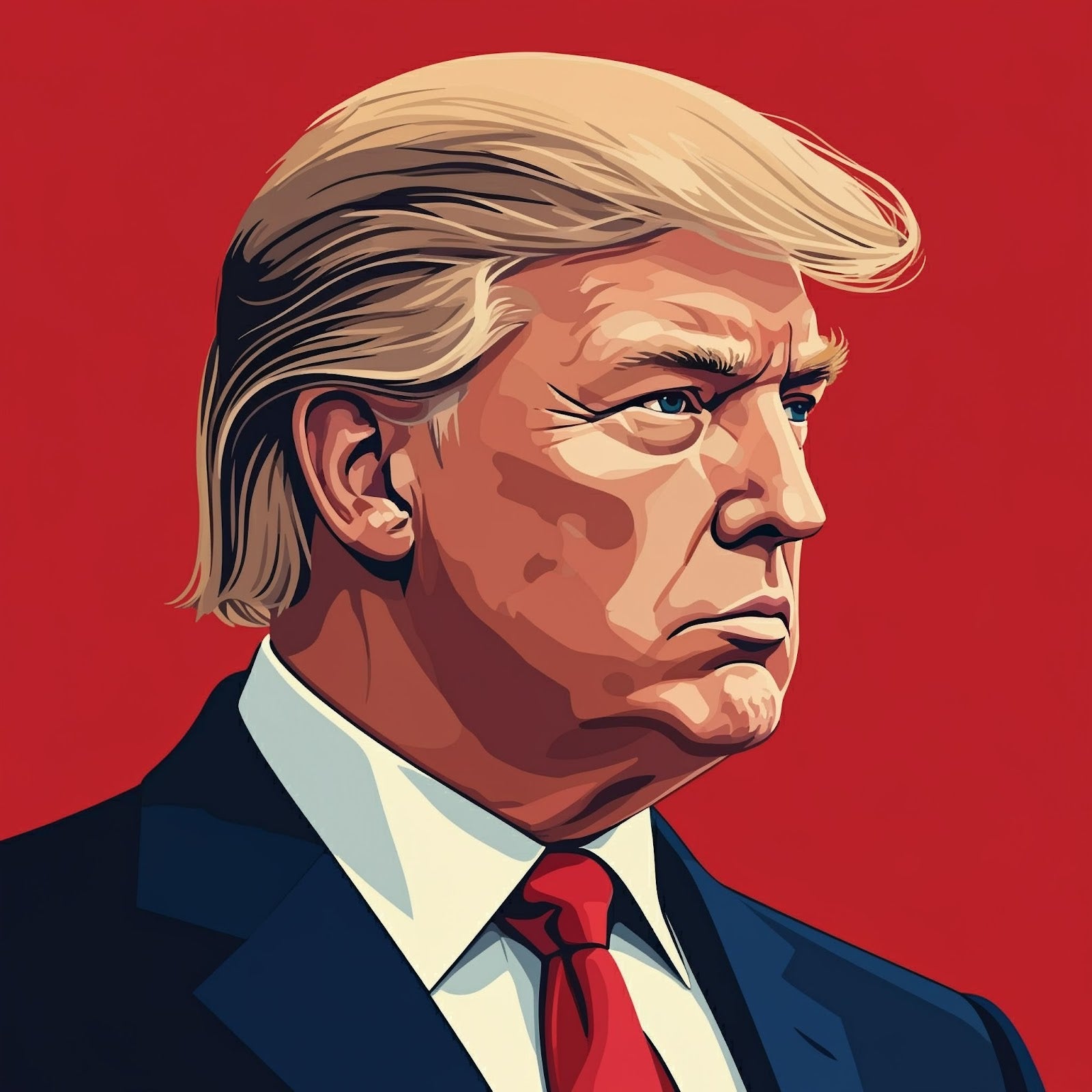Gold, long regarded as a beacon of stability in times of uncertainty, has once again surged in response to a storm of geopolitical tensions, currency market shifts, and strategic central bank actions. As futures climb 0.35% to $2,669.10 a troy ounce, the precious metal is cementing its place as the ultimate safe-haven asset in an increasingly volatile world.
The fall of Assad and rise of Hayat Tahrir al-Sham
The recent developments in Syria mark a seismic shift in a conflict that has gripped the region for over a decade. After years of brutal civil war, the ousting of President Bashar al-Assad by rebel forces has sparked both celebration and trepidation. Assad, whose regime was marked by widespread human rights abuses and authoritarian control, has fled to Russia, leaving a power vacuum in his wake. While many Syrians and international observers see this as an opportunity for a new beginning, the ascent of Hayat Tahrir al-Sham (HTS) to a position of power within the rebel coalition casts a shadow over these hopes. HTS, an Islamist militant group previously designated as a terrorist organization by several countries, has become a dominant force in the rebel faction.

Their success in toppling Assad’s regime raises serious questions about what kind of government will emerge in Syria. Will the country transition to a democratic system, or will it replace one form of oppression with another? The international community is deeply divided on how to respond, with some wary of recognizing a government with HTS at its core. Moreover, the possibility of HTS using Syria as a base for regional militancy heightens the stakes for neighbouring countries and global powers alike.
This uncertainty is compounded by the sheer scale of humanitarian and political challenges ahead. Syria remains deeply fractured along ethnic, religious, and ideological lines, and rebuilding a unified nation will be an uphill battle. The international community, already hesitant to intervene further in the region, faces tough decisions about how to engage with the new regime—or whether to engage at all. For now, the world watches with bated breath, unsure of whether the fall of Assad will usher in a new era of stability or deepen the chaos that has plagued the region for years.
These developments, coupled with ongoing tensions in the Middle East, are sending ripples through global markets, pushing gold prices higher as investors brace for the unknown. As Syria’s fate hangs in the balance, the demand for safe-haven assets like gold underscores the deep uncertainty surrounding this pivotal moment in the nation's history.
Israel’s decisive action

Compounding the uncertainty in Syria is the escalating conflict along the Israeli-Syrian border. Over the weekend, Netanyahu ordered Israeli forces to seize the demilitarized buffer zone between Israel and Syria—a region established to reduce tensions but now left vulnerable in the wake of Syria's political collapse.
In addition to occupying the buffer zone, Israel launched a series of targeted airstrikes against sites suspected of housing chemical weapons and missile stockpiles within Syria. These strikes were aimed not only at neutralizing immediate threats but also at sending a clear message to regional adversaries that Israel would not tolerate the proliferation of weapons capable of threatening its citizens. The strikes, however, have ignited fresh concerns about the potential for a broader conflict.

The proximity of Israel’s actions to the rebel-controlled territories, now dominated by Hayat Tahrir al-Sham (HTS), has created a volatile mix of competing factions, each with differing objectives and ideologies. The fear that the Syrian rebellion and Israel's military campaign could intersect or escalate into a wider confrontation has alarmed international observers. This complex and precarious situation underscores the fragility of peace in the region, where any miscalculation could spiral into a much larger crisis.
By acting pre-emptively, Israel aims to bolster its security and deter potential attacks. However, its aggressive approach has also drawn criticism, with some arguing that these moves risk exacerbating tensions and entangling the nation in a prolonged conflict. For global markets, the repercussions are already being felt. The heightened uncertainty surrounding the region has amplified investor anxiety.
A shifting financial tide

While the geopolitical landscape remains fraught, the global currency markets have also played a role in gold’s ascent. A softer U.S. dollar has enhanced the appeal of gold as a safe-haven asset. With a weaker dollar, gold becomes cheaper for foreign investors, driving up demand and bolstering prices. This currency dynamic is a critical factor in the precious metal’s rally, amplifying its role as a reliable store of value amidst global economic shifts.
Adding to the upward momentum in gold prices is the resurgence of Chinese central bank purchases. After a six-month hiatus, China resumed bullion acquisitions in November, signalling renewed confidence in gold’s long-term value. This move is expected to buoy Chinese investor demand, further supporting the market. As the world's largest consumer of gold, China's strategic actions have an outsized impact on global prices, and their renewed interest underscores the metal's enduring appeal.

The confluence of these factors—geopolitical uncertainty, currency market fluctuations, and central bank activity—has created a perfect storm for gold’s continued rise. Investors seeking refuge from global instability are flocking to the metal, reinforcing its status as a cornerstone of financial security.
As the world grapples with uncertainty, gold's enduring value shines brighter than ever. In this volatile environment, the precious metal serves not just as a safe-haven but also as a symbol of resilience in the face of chaos. Whether the geopolitical tensions ease or escalate further, one thing remains clear: gold’s allure as an investment is unlikely to wane anytime soon.




Leave a comment
This site is protected by hCaptcha and the hCaptcha Privacy Policy and Terms of Service apply.